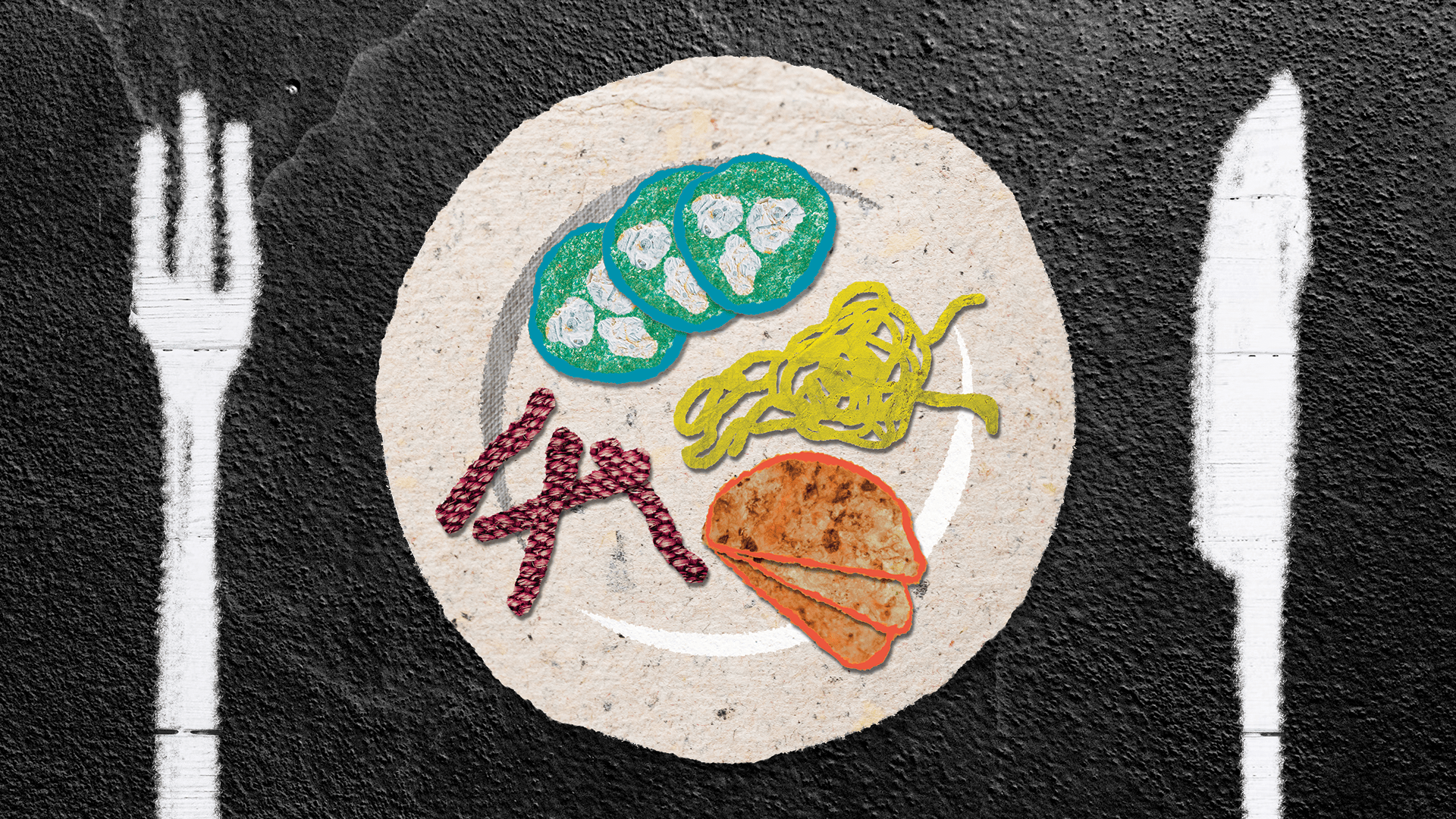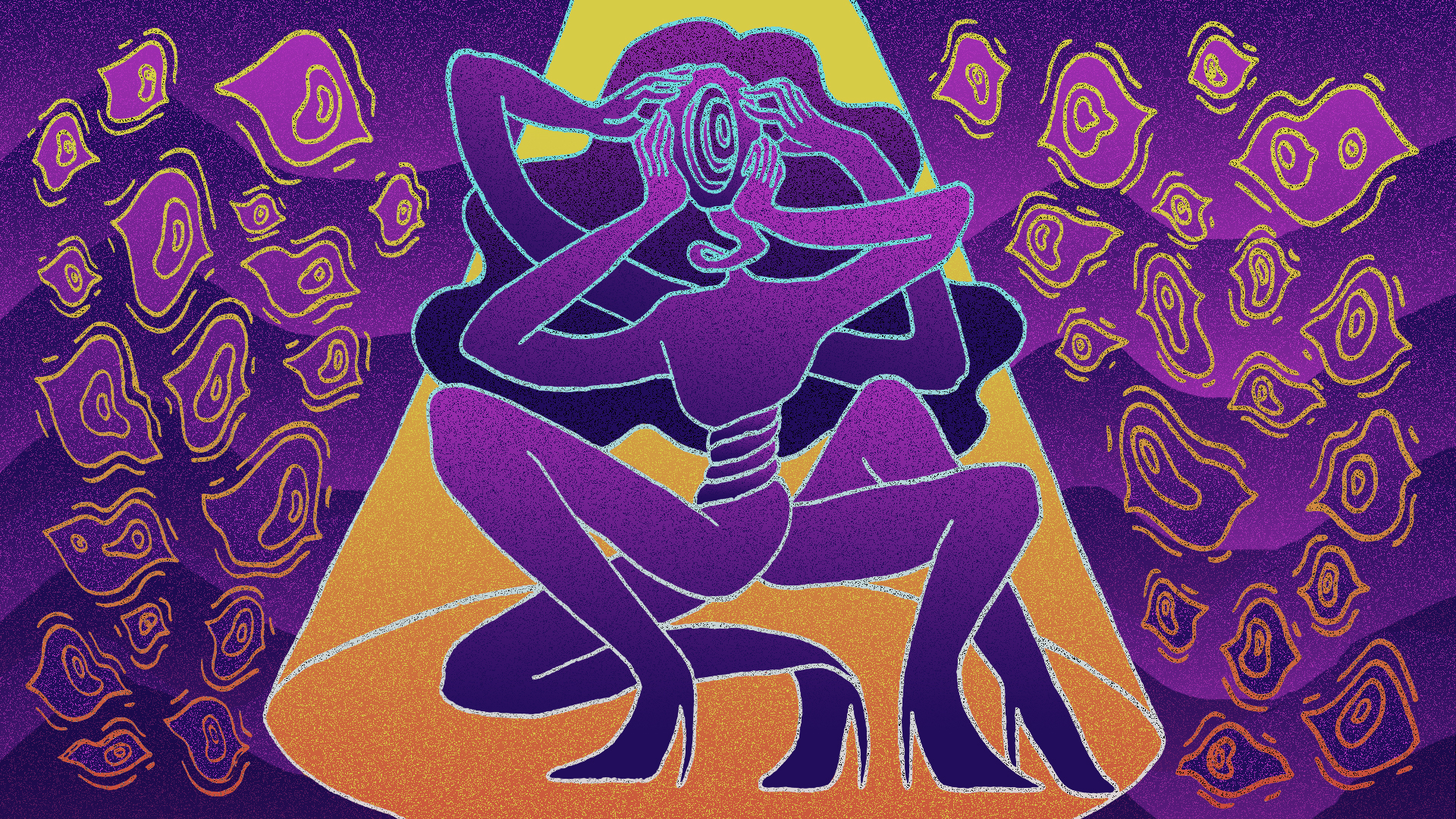You could make a game out of it: “I Spy” with 80s horror film posters; a shot every time someone mentions Star Wars; bingo with E.T. references. Netflix’s “Stranger Things,” created by the Duffer Brothers, is brimming with nods to sci-fi classics, and the internet has taken notice. The show’s nostalgia works as aesthetic shorthand, instantly transporting the audience to a comfortable, yet alien, Midwestern suburbia where nothing is as it seems. We know this place. We’ve seen it before. But acknowledging where we’ve been can also help us see how far we’ve yet to go.
The show’s most powerful allusion is not its neo-Carpenter score or its peak-Spielberg cinematography; it’s the role of the disheveled, disregarded, and desperate mother, Joyce Byers.
Joyce — played by everyone’s Forever Love, Winona Ryder — is a woman who has lost her youngest son, Will, to a space-time-skipping monster with an appetite for adolescent blood. Joyce soon begins to communicate with Will through brief, trans-dimensional phone calls and strategic light flickerings. Even after her son’s funeral, she insists (to the sheriff, to the coroner, and to her oldest son, Jonathan) that Will is still alive. As a woman who has suffered from mental illness, she knows definitively that what she’s experiencing “is not that.” As an audience, we’ve seen Will in his parallel-dimensional prison and we know that Joyce is right. The men in her life, however, don’t, and promptly write her off. The series plays out as a slow-motion eureka moment for each of the male characters as they come to realize that Joyce has been on the right track since episode one.
Joyce is the most valuable reference in “Stranger Things.” Her relentless refutation by men, despite her wholesale correctness about everything, makes her a modern-day Rosemary Woodhouse — the titular, defiant badass from Roman Polanski’s progressive masterpiece, “Rosemary’s Baby.”
Rosemary carries Satan’s hell-baby for most of the film, gaslighted by her fame-hungry husband and a cult of elderly Lucifer fanboys who insist that the near-deadly pain she’s experiencing is “normal.” Even when she finally finds a doctor who doesn’t worship the Prince of Darkness, she’s promptly told that she’s loony.
“Rosemary’s Baby” is a poignant argument for the ability of women to speak with authority about their own bodies and experiences — a notion sadly lacking when the film was made in 1968. The trouble is that this notion is still sadly lacking today.
We see it everywhere. As few as 2 percent of rapes are falsely reported, yet only 3 percent of rapists are ever convicted. This is in part because police aren’t properly trained to read the effects of trauma on abuse victims. It has even been shown that women are “treated less aggressively in their initial encounters with the health-care system until they ‘prove that they are as sick as male patients.’” Consequently, women in emergency situations often wait longer than men to receive the same treatments. The message is clear: Women are not to be believed.
Though Joyce’s brand of trauma is unique — namely, her son’s abduction by an extra-dimensional demon beast — her difficulties are all-too-familiar. She, like Rosemary and countless real victims of trauma, has trouble convincing anyone in power that what she knows she’s experienced has happened at all.
Ultimately, Joyce travels to the monster’s shadow world and saves her son her own damn self. The only help she gets is from the police chief, who has to break into a secret government facility, fight off a handful of armed goons, and see the hellmouth with his own eyes just to confirm what Joyce has been telling him all along.
Joyce’s defiance and refusal to accept her dismissal by men is what makes her the strongest character and most powerful allusion in “Stranger Things.” Her path through hoards of men who are useless at best and evil at worst mirrors Rosemary’s path perfectly. Ultimately, both women reject male-dominated social systems altogether and strike out on their own. When Rosemary’s baby is stolen, she arms herself with a kitchen knife and sneaks through a secret passage to confront an enclave of devil worshippers. When Joyce wields an axe to fight off the faceless alien nightmare that kidnapped her boy, she is Rosemary’s spitting image.
Joyce and Rosemary are two powerful figures for two pivotal times. Amidst the heated cultural debates about women’s health and reproductive rights in the 1960s, Rosemary was a force for self-advocacy. Now, with the U.S. on the verge of electing its first female president, Joyce Byers is a capable, resilient woman who demands to be heard in a patriarchal society that would shut her up and out. By drawing a line from Rosemary to Joyce, the Duffer Brothers have shown that nostalgia can do more than just take us back: It can propel us forward.






















